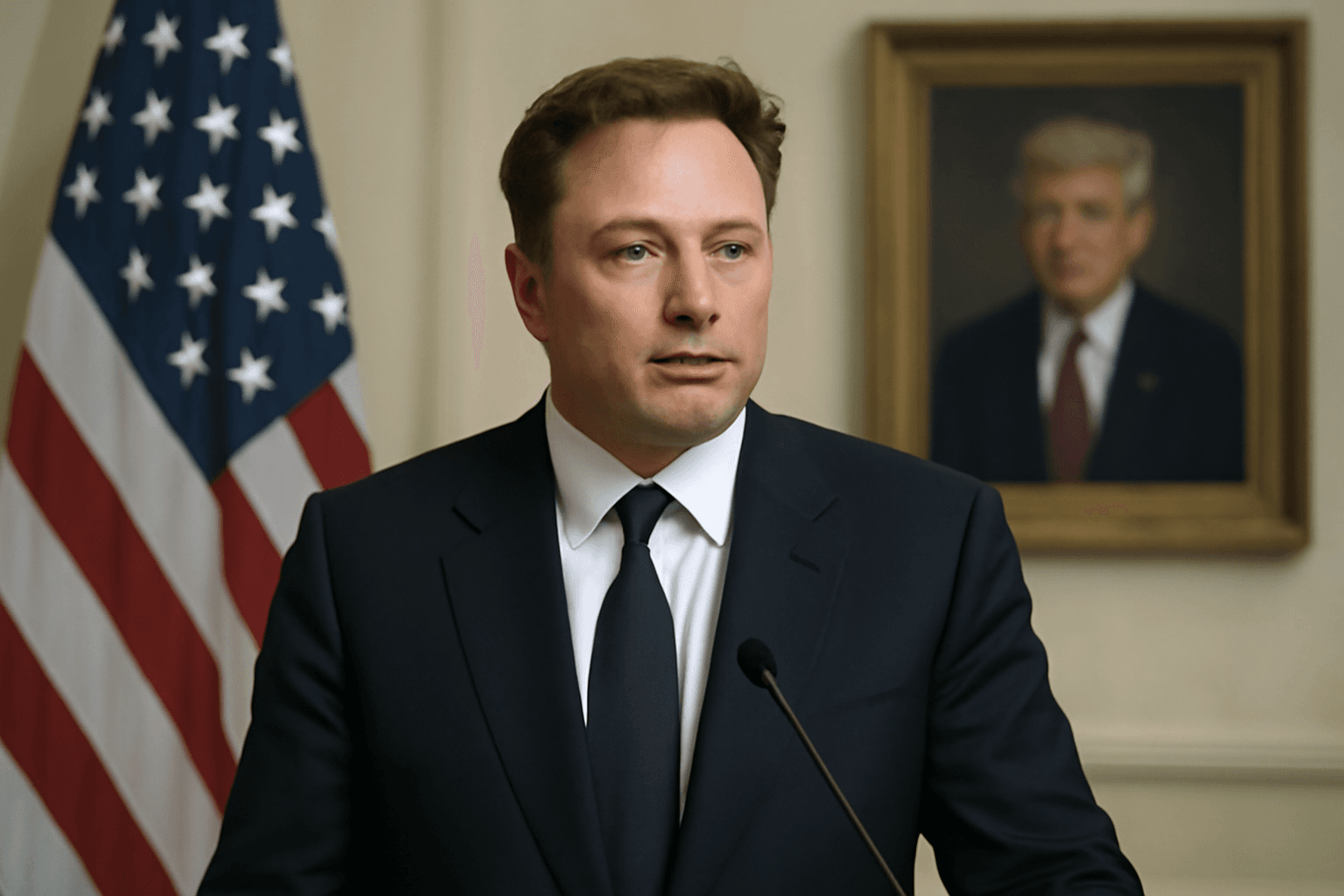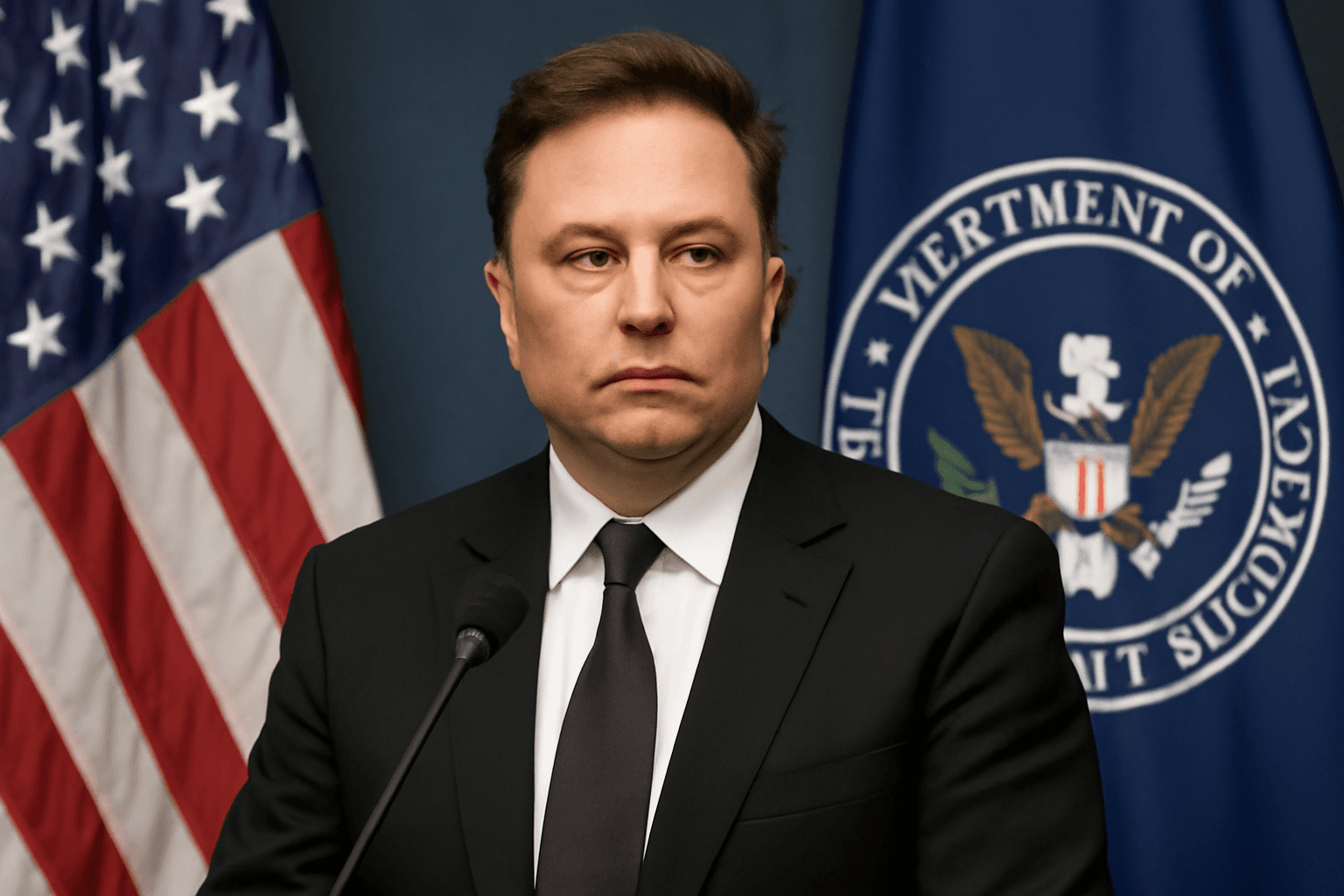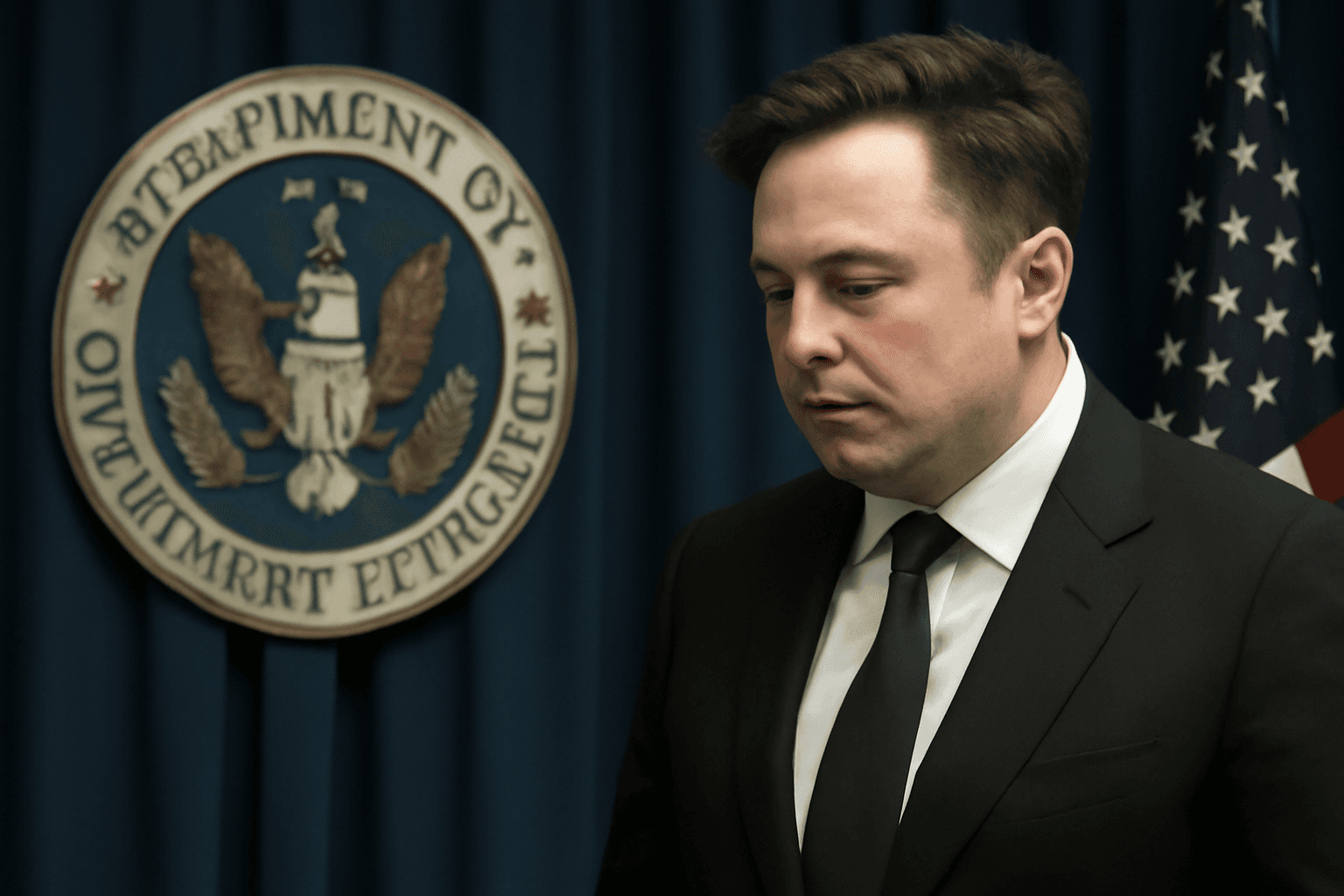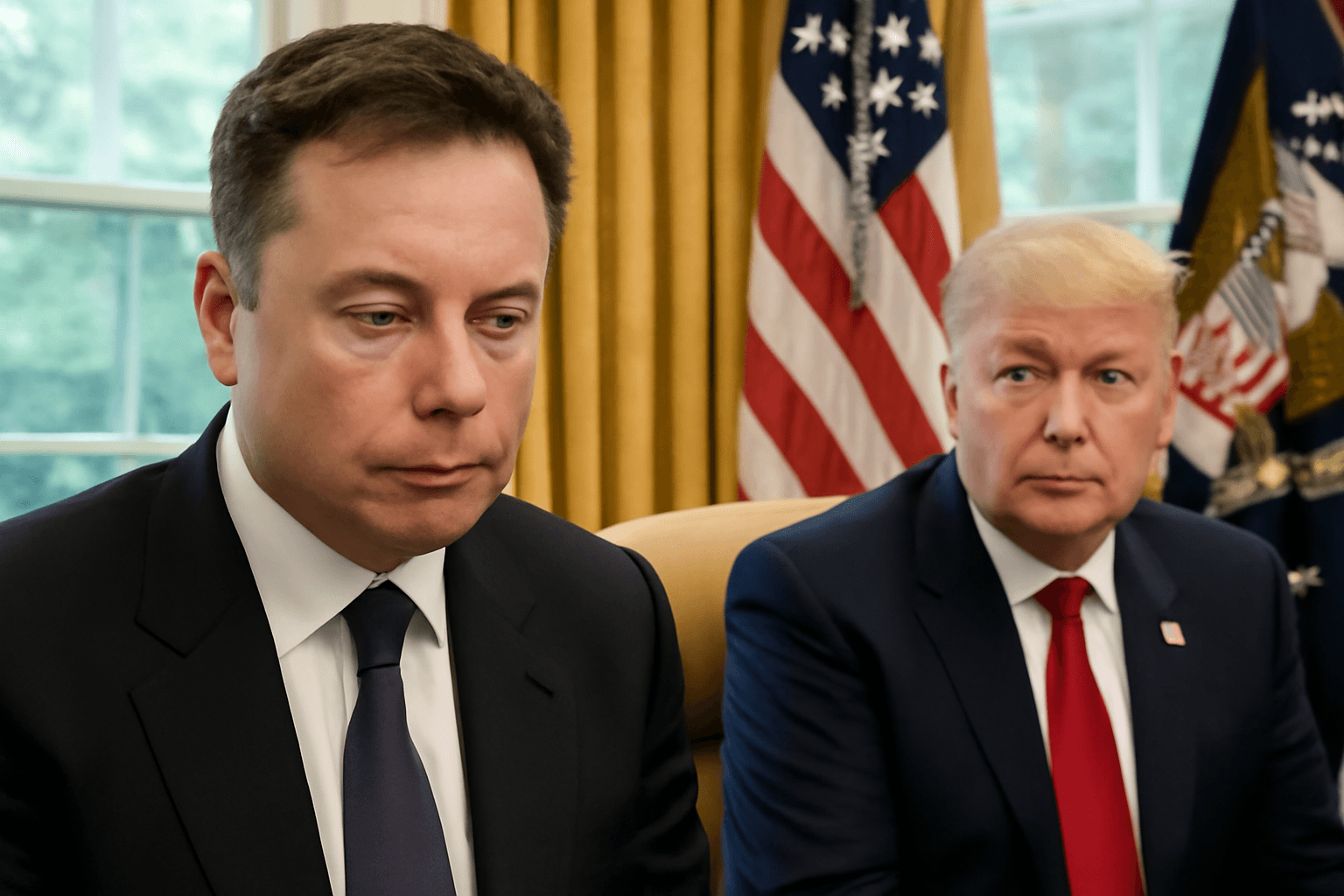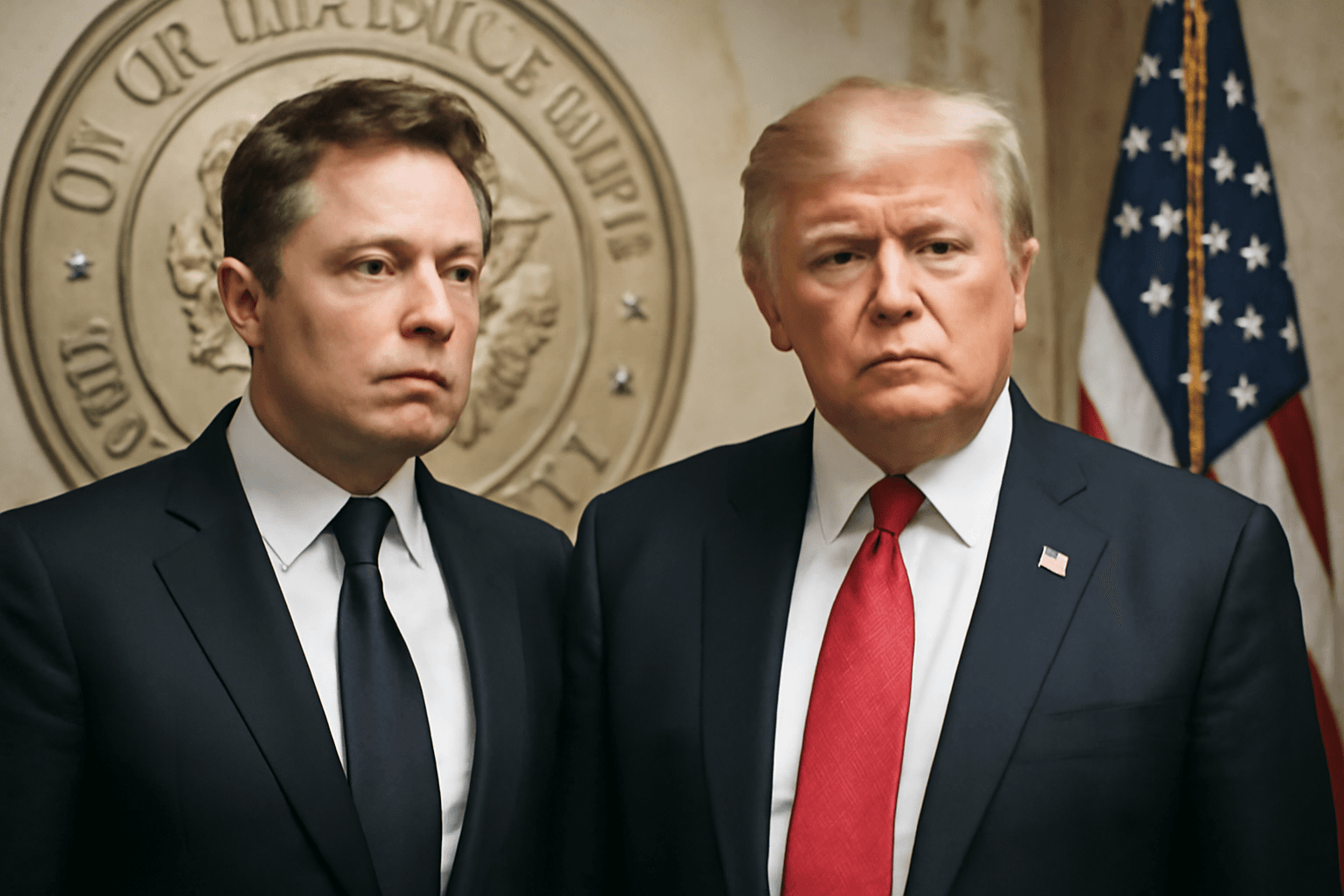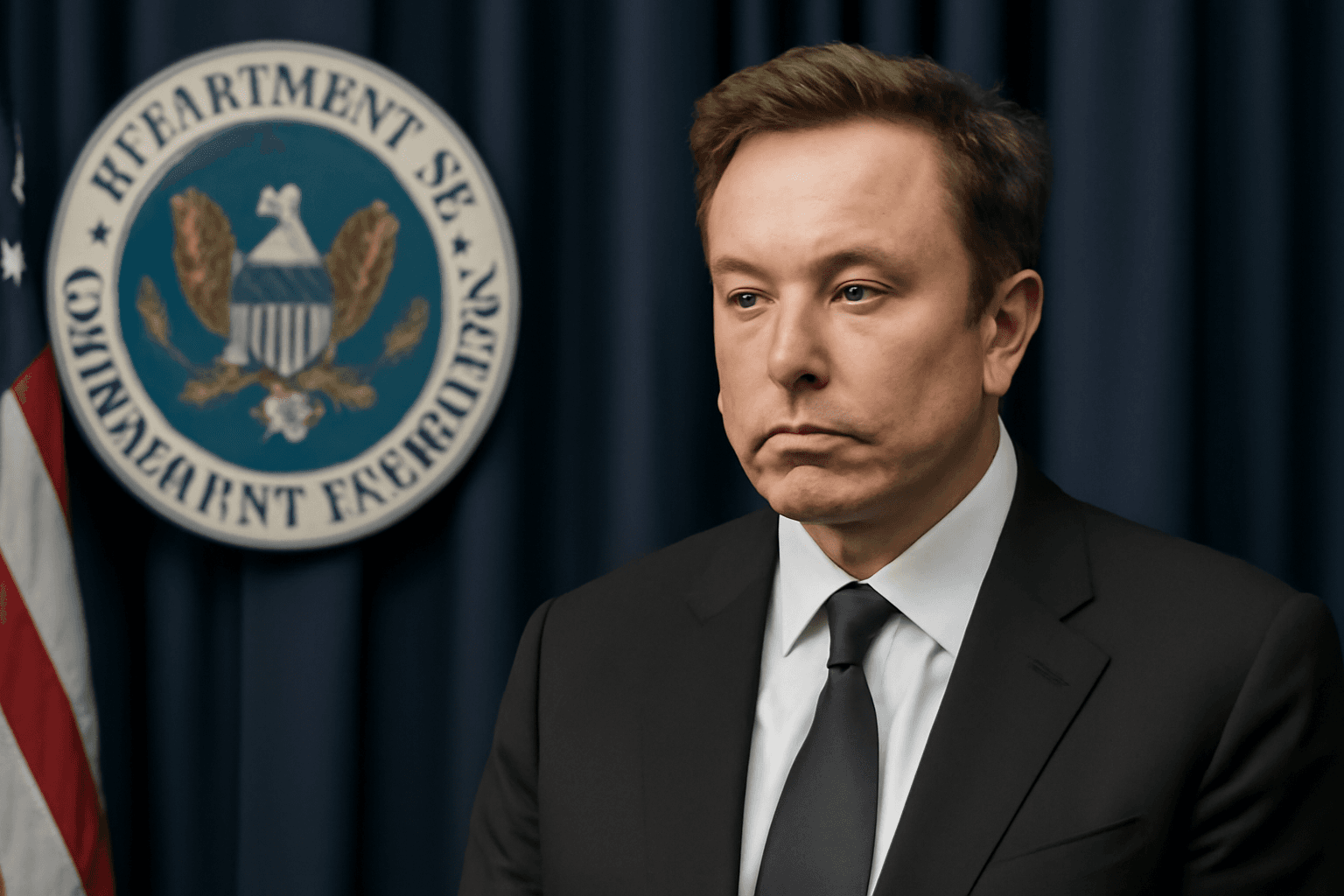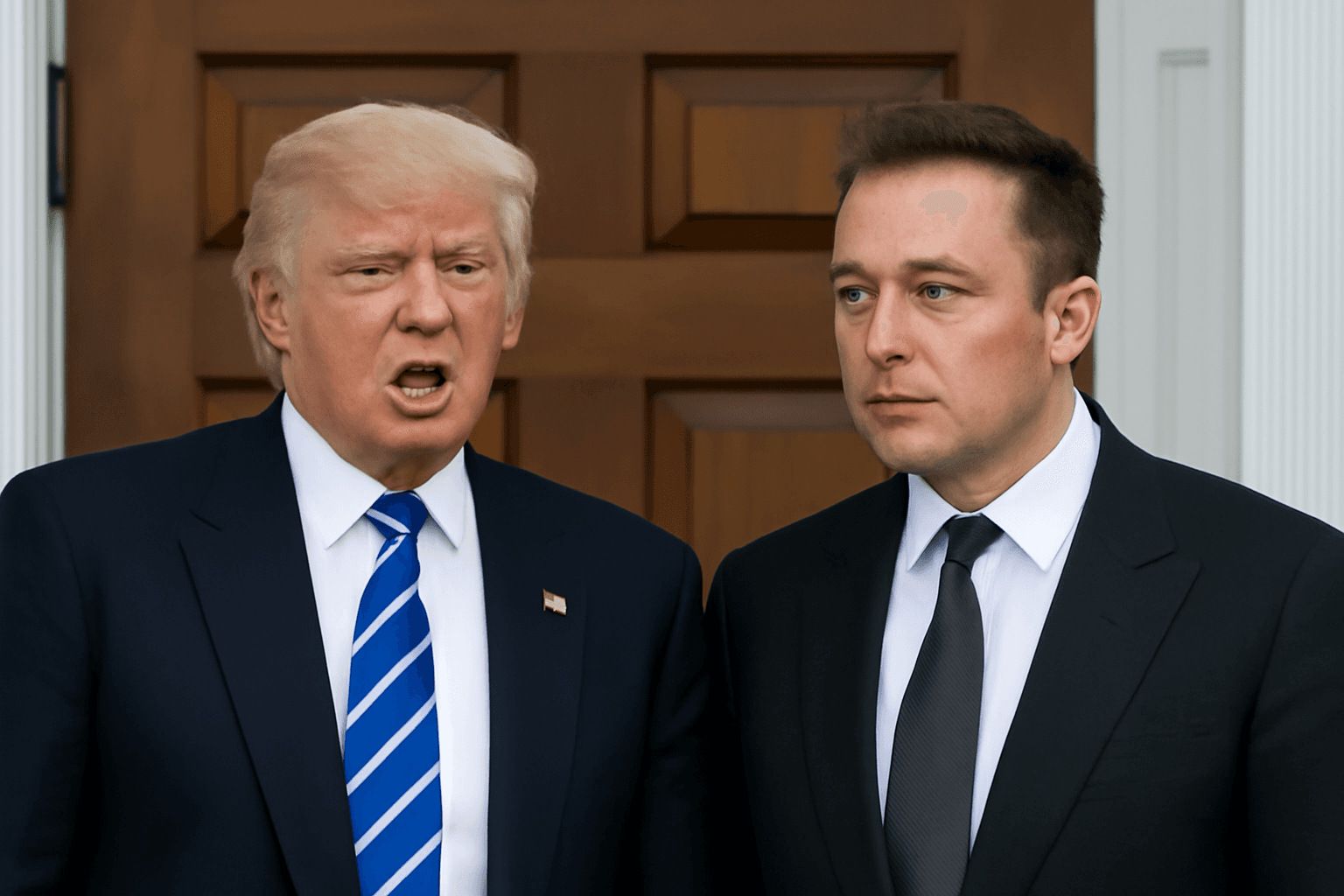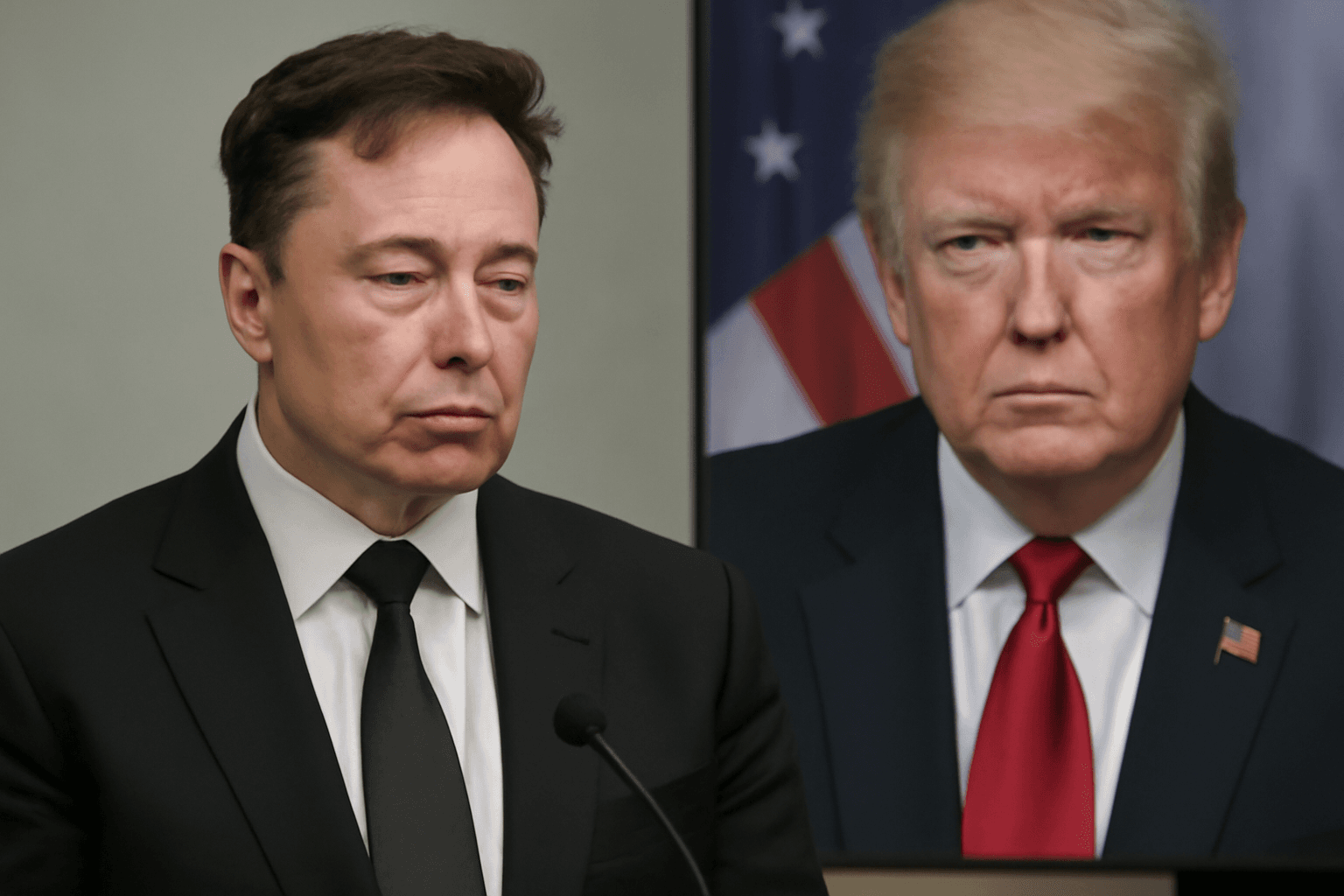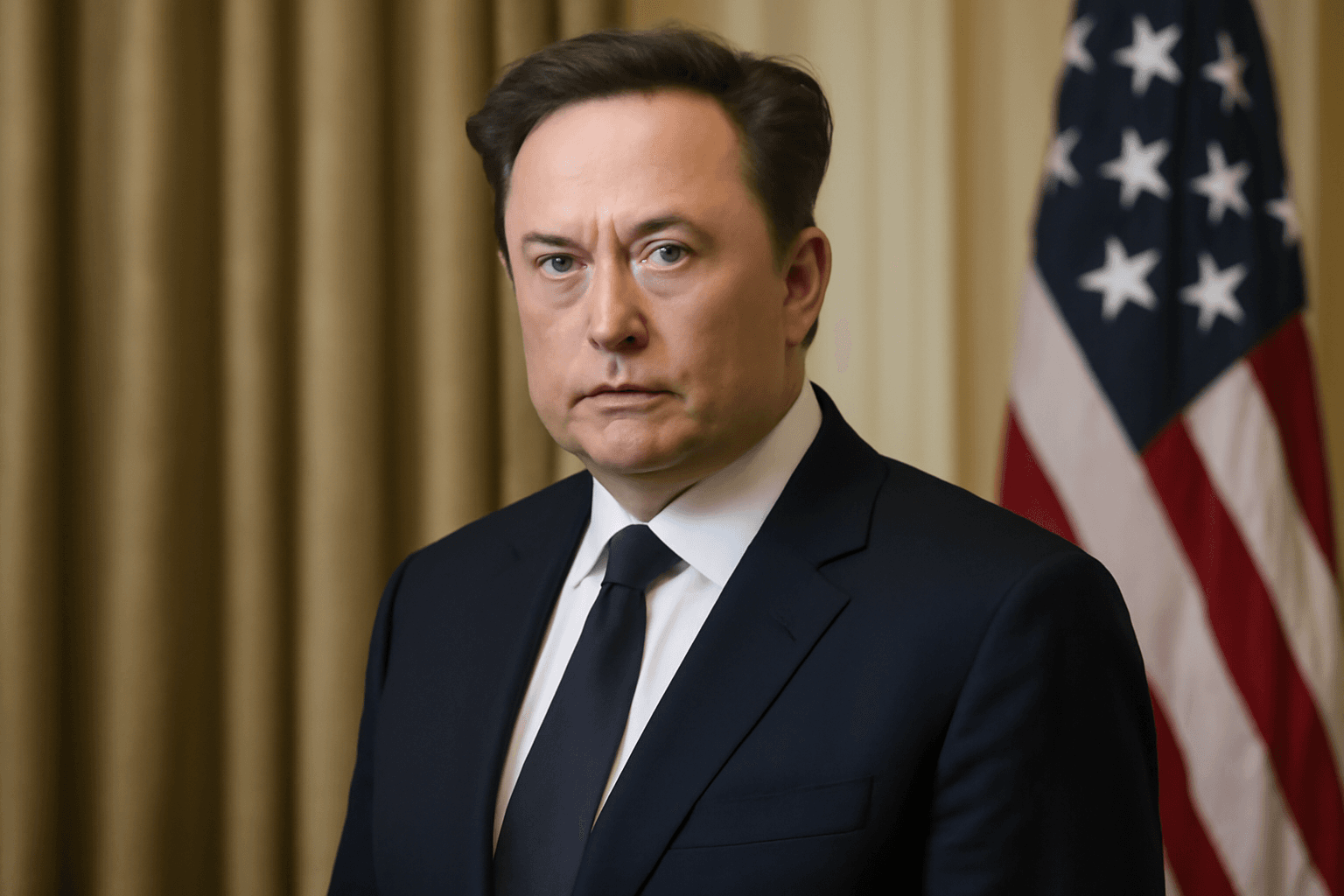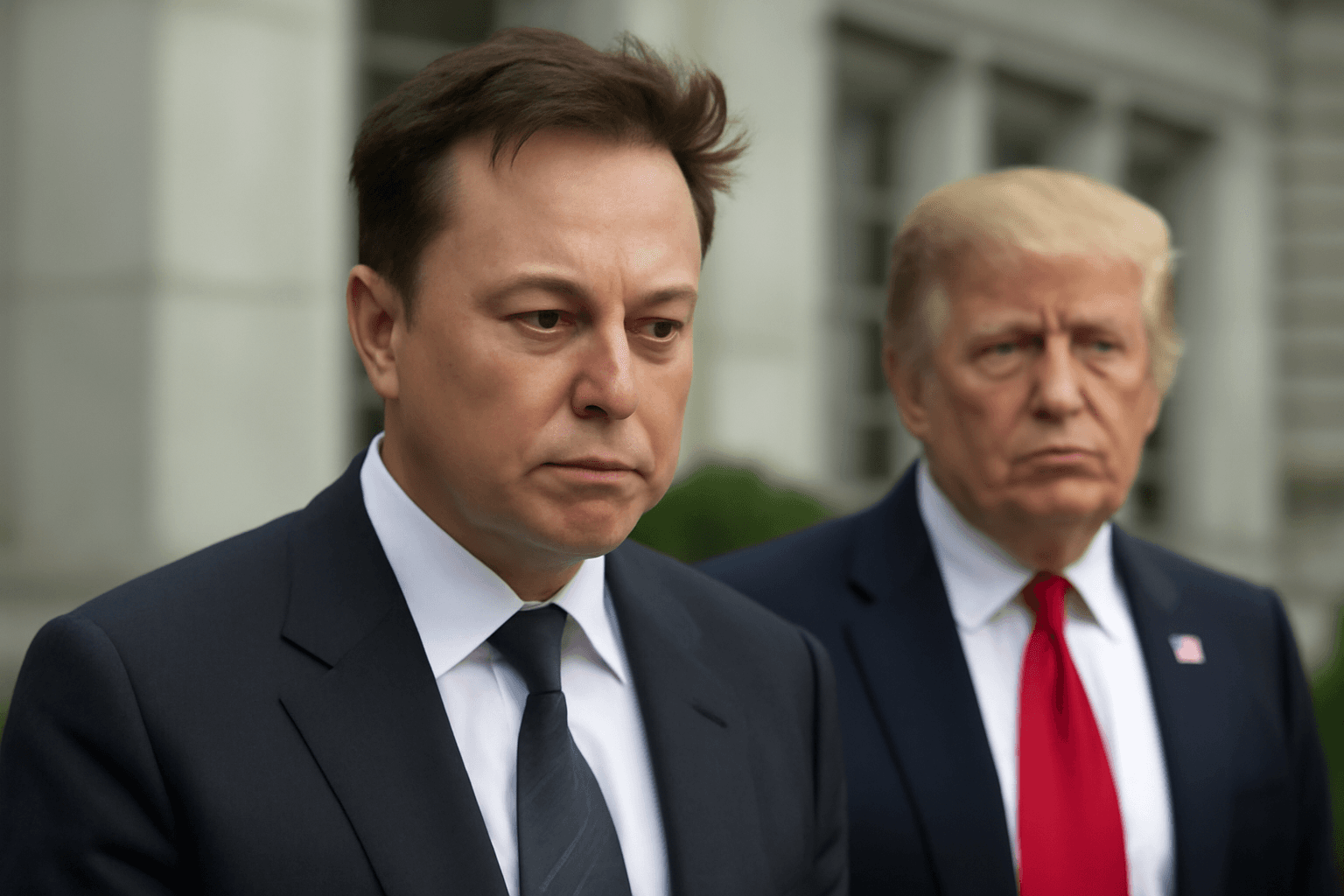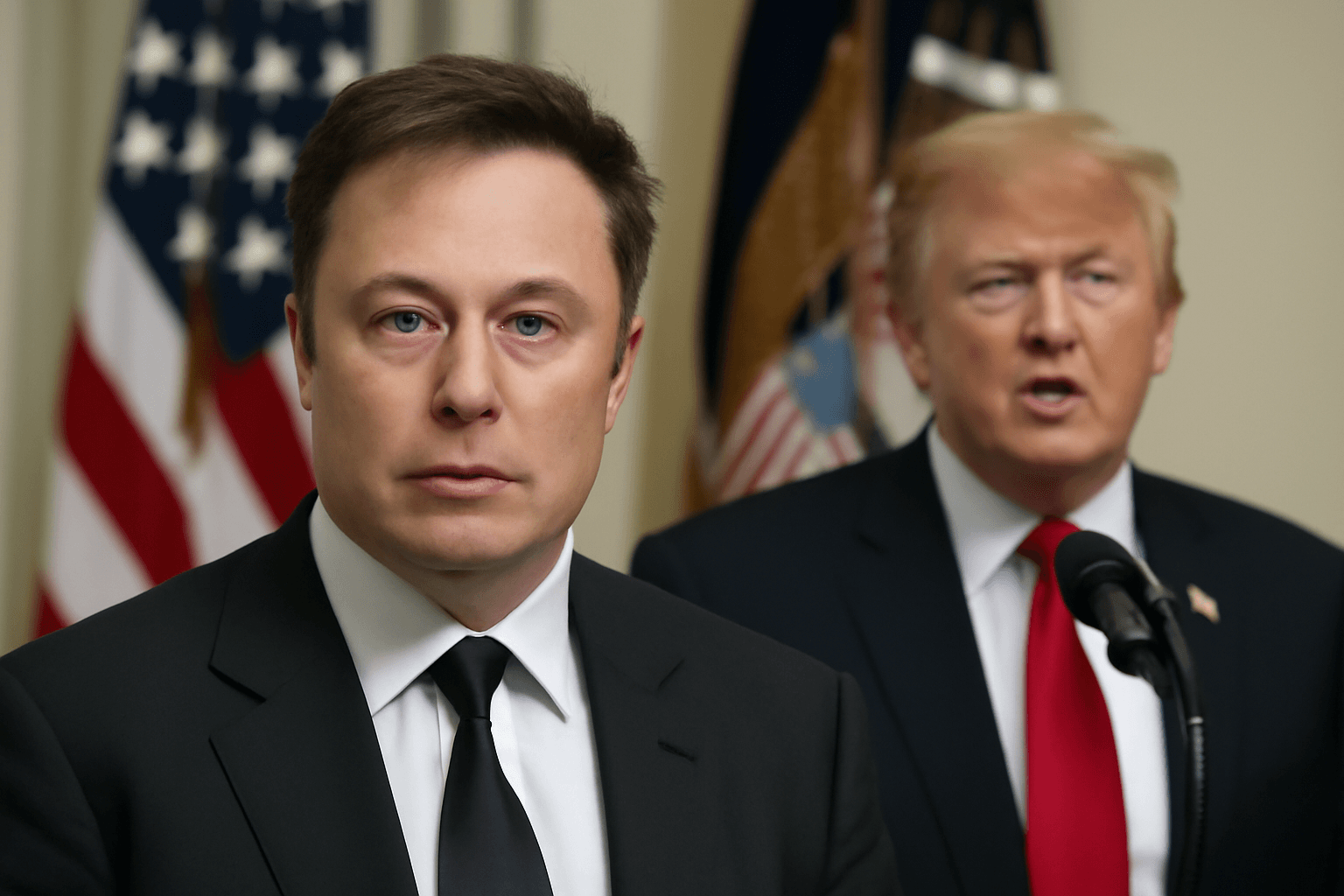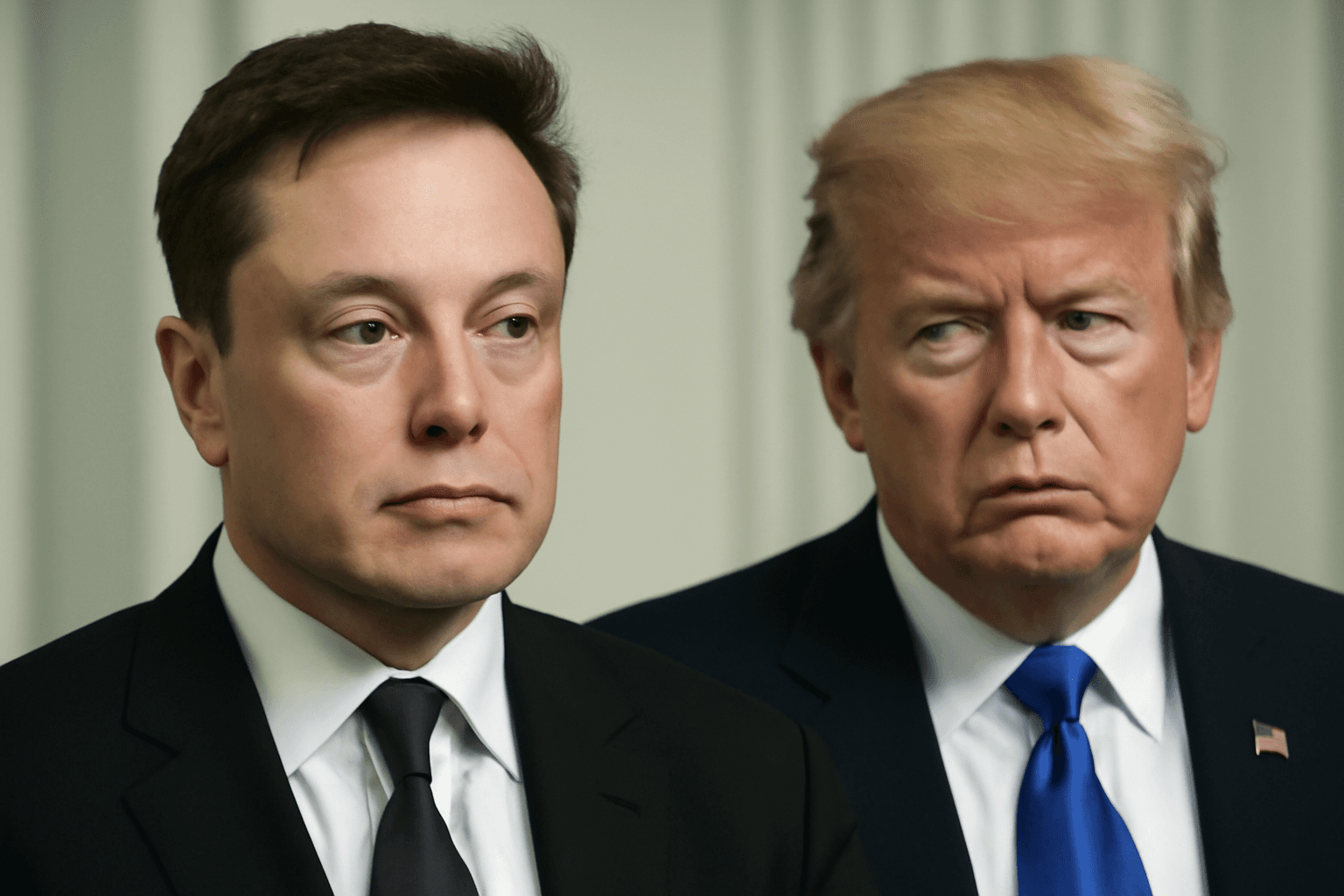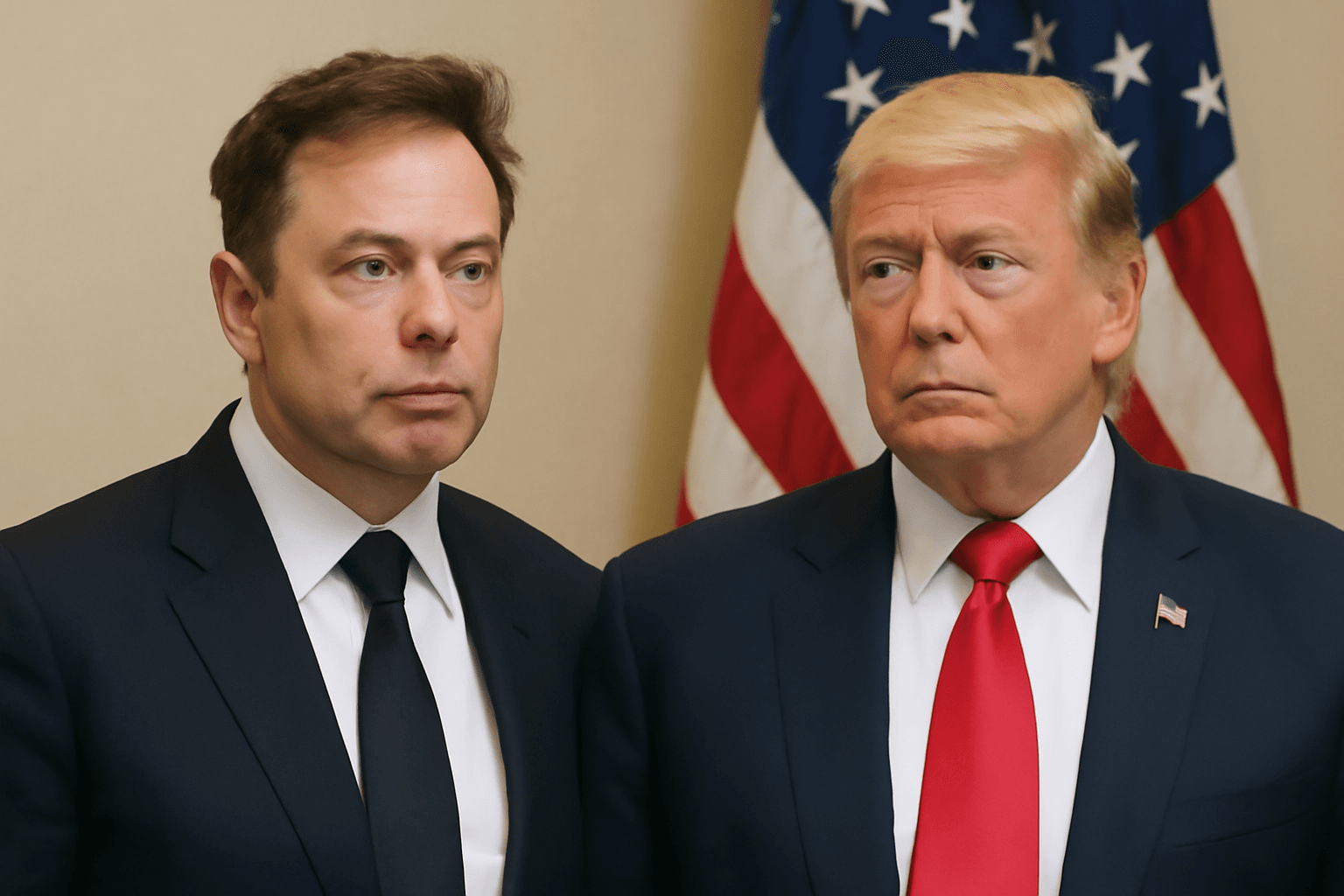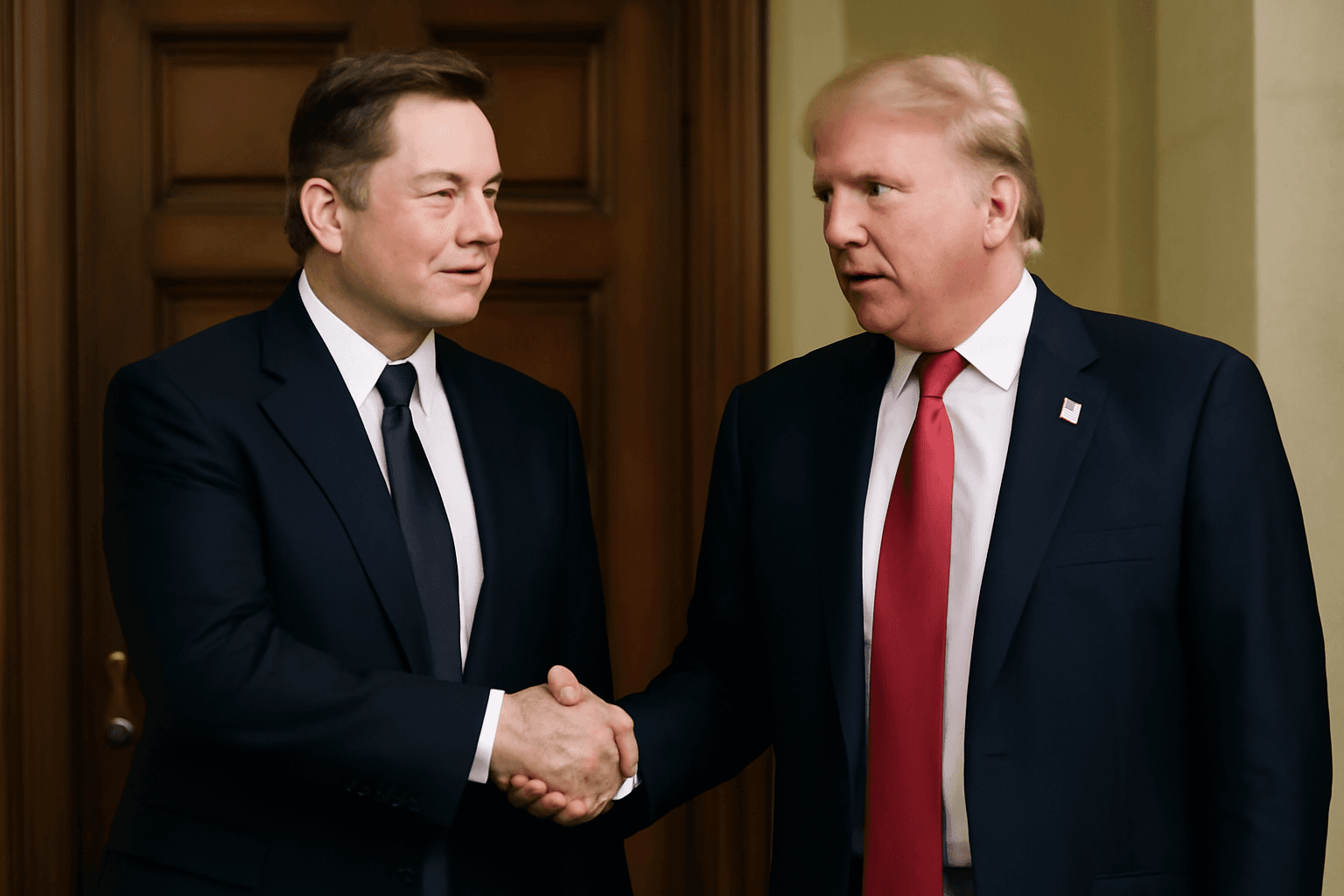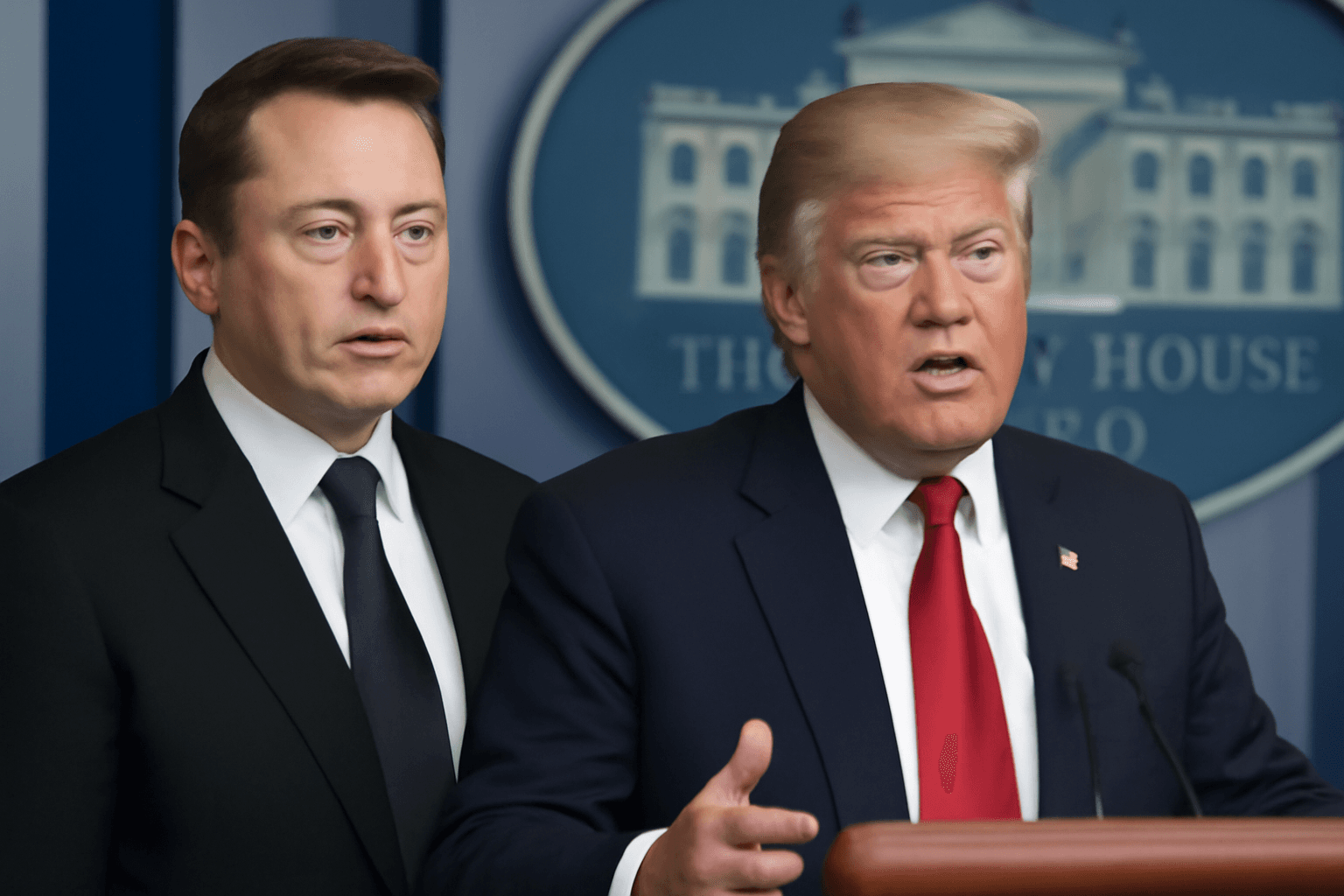A federal district court judge in Washington, D.C. ruled on Tuesday that Elon Musk’s role leading the Department of Government Efficiency (DOGE) is expansive and considered “continuing and permanent,” contrary to White House claims that his position is temporary and advisory.
Judge Tanya Chutkan, presiding over a lawsuit filed by 14 states, including New Mexico, found that Musk exercises significant authority within the executive branch without proper Senate confirmation or congressional authorization.
The states filed the suit in February, alleging that Musk and DOGE’s operations violate constitutional provisions by implementing sweeping federal government cuts and changes without legitimate authority. The plaintiffs contend Musk’s actions lack legal basis as he was not confirmed by the Senate, and DOGE itself was never authorized by Congress.
In attempts to dismiss the case, White House attorneys characterized Musk’s government involvement as an advisory role with a temporary appointment within the Trump administration. However, Judge Chutkan rejected this characterization, stating that Musk’s role “occupies a continuing position” and exerts considerable power without formal appointment.
The judge also upheld claims that DOGE gained unauthorized access to confidential and proprietary federal information, which meets the threshold for legal injury, allowing the lawsuit to proceed.
Under Musk’s leadership, DOGE has aggressively pursued fiscal discipline by eliminating federal offices, cutting regulations, downsizing the federal workforce, and restructuring government websites and digital systems.
While Judge Chutkan agreed to dismiss former President Donald Trump as a defendant, citing presidential immunity in executing official duties, she acknowledged the president’s exclusive authority to nominate officers as defined by the Appointments Clause of the U.S. Constitution.
This ruling marks a pivotal development in a case challenging the legality of Musk’s influence over federal operations through DOGE, raising important questions about executive power and constitutionality.


